There are few things I want to do less than give this tribute to my father. The unflinching approach to reality he imparted had left me noticing his aging, and I was preparing to adapt, over time…. But my father never gave someone a challenge he thought them incapable of meeting.
All the wonderful things being shared about my father obviously come as no surprise to me, and I had so hoped to spend the next few years, hearing those things with him, but knowing how uncomfortable it would have made him to hear so much praise, as his own ability to act diminished, I have to appreciate that, as hard as this is on the rest of us, it was an ending with which he would have been satisfied.
I had hoped to spend the next years supporting him, as he always has supported me- my father has been at anything I asked him to be at, and volunteered for things I didn’t intend to subject him to… And The outpouring of remembrances from my friends, has reminded me, of how important it was to him, to know the people important to me. I was touched by the photos my parents saved, not only of me, but of Niki, Jeremy, Erica, Jason, Abe, and so many others. Many of my students and colleagues had stories, as they’ve driven out to Cal Poly Pomona for multiple events, marched with my students for a sustainable future, and for the rights of immigrants, and were happy to attend CPP sponsored Dodger games. Despite his years of public speaking at high-stakes events, family members have reminded me of how the event for which he showed some concern for his performance, was when called upon to officiate my wedding. He saw that a high stakes event. I think Navid would have stayed even with a minor error…. And the depth of his loss, is a testament to my father’s ability to welcome people into his family- completely. When you’re in, you’re in… That’s the for better or worse. And with my father, it was almost all better.
My father didn’t know how to be unproductive, and he will have posthumous work published (not a hint to his co-authors, or a comment on the reviewers- #2 I’m looking at you…), but the idea of slowing down, of doing less, of relaxing, was not at all appealing to him. Nor had it ever been.
Even now as he prepared to “retire” for the fourth time(?), he was finally finding the time to research our family history, finding a master’s thesis on one relative, connecting with ethnomusicologists while researching a family melody… he was organizing photos and records, and of course, gardening.
I’m not sure I ever remember my father reading a novel, though the books he gave me to read, were always meaningful. A Tree Grows in Brooklyn, The Yearling, Black Boy…. Ya know light childhood reading. He never binged anything on Netflix. But he wasn’t quite as out of touch with popular culture as we used to joke. I remember him telling me these films will change how movies are made, when he took me to 2001, and Star Wars.
To vacation with my father was not per se relaxing, but it was always educational. Weren’t there museums to see, history to be learned, culture to be appreciated? I can’t imagine a trip to a beach resort without a sustainability tour. And I have been to an embarrassing number of train museums. From the family albums, apparently my mother married him despite the train museums.
My father had a quintessentially east coast Jewish sense of humor. Political, ironic, dark, but never mean. He had a good chuckle when he learned the Jewish space laser conspiracy centered on high-speed rail, and we certainly have exchanged our share of dark political humor over the years. But he also would go long game on humor, in a way I don’t think most knew…. When my brother was roughly 8- around 1982 (fine I checked the year online), he saw the old chalice comedy skit redone by HBO as a short, and thought it was hysterical, so in typical 8-year-old fashion (and I have an eight-year-old with my brother’s smile), he made a few too many jokes about the chalice, begging my father to re-enact the skit for him. My father, good-naturedly threatened to do that as the toast at my brother’s wedding, if he didn’t stop…. Over the years, once in a while he would bring that up… Fast forward to 2004- Steve and Shirley’s wedding. My father gets up to give a toast, and he opens with the exact same, largely innocuous lines of the skit…. The look on my brother’s face was priceless. Of course, my father proceeded with a lovely toast, And I know only four people there got the joke… but it was epic.
My father did love baseball. Growing up in New York in the 40s and 50s, he and his Uncle Harold’s favorite escape was in the rooting for the underdog Brooklyn Dodgers. And many of you who may have attended games could have mistaken him for teetotal, as he almost never enjoyed a beer at a game. Why? Because once, during a restroom break- he missed a triple play. Fortunately, he stayed in his seat in 1988 for Gibson’s home run, and As a Brooklyn Dodger fan, he saw most of the greats play live, including Jackie Robinson. He also took me to some pretty amazing baseball games, and thanks to his busy travel schedule, I was frequently the lucky recipient of tickets, even when he couldn’t attend. My first Dodger Game went into extra innings, and the Dodgers won on a hit by Steve Garvey. Since we never leave early, we were at the game where the Dodgers hit four home runs in the ninth, though we also suffered through a game where they blew a 13 run lead…. I was at Orel Herscheiser’s first start as a Dodger at Shea with the somewhat traitorous but still beloved Uncle Harold who had defected to Mets fandom…. We’ve seen more than one win by pitchers like Valenzuela, and Kershaw… And I got 18 innings of world series baseball- in one game. No, I did not leave early. And I rode my bike.
Despite his impressive personal achievements, he told me, more than once, that the real influence he had and what he was most proud of, -were the people he had the privilege of working with, educating and developing. He told me, “Not very many people read academic papers, but the influence we have, is in not only the scholars we train, but the many students who don’t become scholars, but go into the world, carrying what we teach them, the messages, values, ideas, and ways of thinking that we impart.” He saw himself fundamentally as an educator, and that approach, allowed him to remain true to himself, his ideals, and his values. Because what he valued most -were people. And being an educator wasn’t a one-way street. He valued what students brought and he integrated it into his thinking and as a result he never stopped growing- challenging his own thinking. That this was the real value of being an educator, the opportunity to expand people’s minds, and in turn, have your own expanded. Recently I had the wonderful privilege of two of my own former students returning to guest lecture for our annual professor for a day campus event. I had them speak about research, about data. And they blew me away. They had this deeply compassionate, humane view of policy, of research, of data. I was shocked at how much of my father’s voice was in their words. When they ended with, and this is what you taught us Dr. Wachs…. It wanted to tell them it wasn’t really me. I was just passing on what I had lived.
One of my friends jokes that when you bring sociology (and my father was undecided between sociology and civil planning) to other disciplines, everyone thinks your brilliant, but one is just asking for people-centered, critically evaluated, long-term planning. And that was effectively the mantra of my life. My father imparted that fundamentally research is about people, and people’s lives. My father lived his life never forgetting that every equation, every budgetary decision, every funding priority, wasn’t a number on the page, it was people’s lives. And those lives were precious, valuable, worthy things. For my father, every person mattered and should be treated with dignity and respect.
And seeing the many wonderful students he taught, and the people they have become, and who my brother is, and who we chose to marry (Shirley and Navid), and who Leia and Ziya are, he will never be gone, and the world is better because he was in it.
I think the many tributes and accolades that continue to pour in would have overwhelmed my father. He was a practical person at his core. But that’s not his legacy. The legacy he leaves is a cadre of people committed to social justice and equity, and human-centered policy. And I am confident that the scholars, practitioners, and activists, he mentored can and will achieve this. And that will be his legacy.
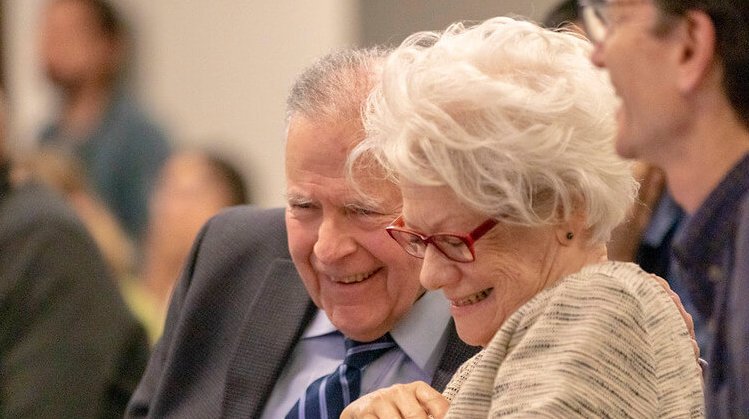
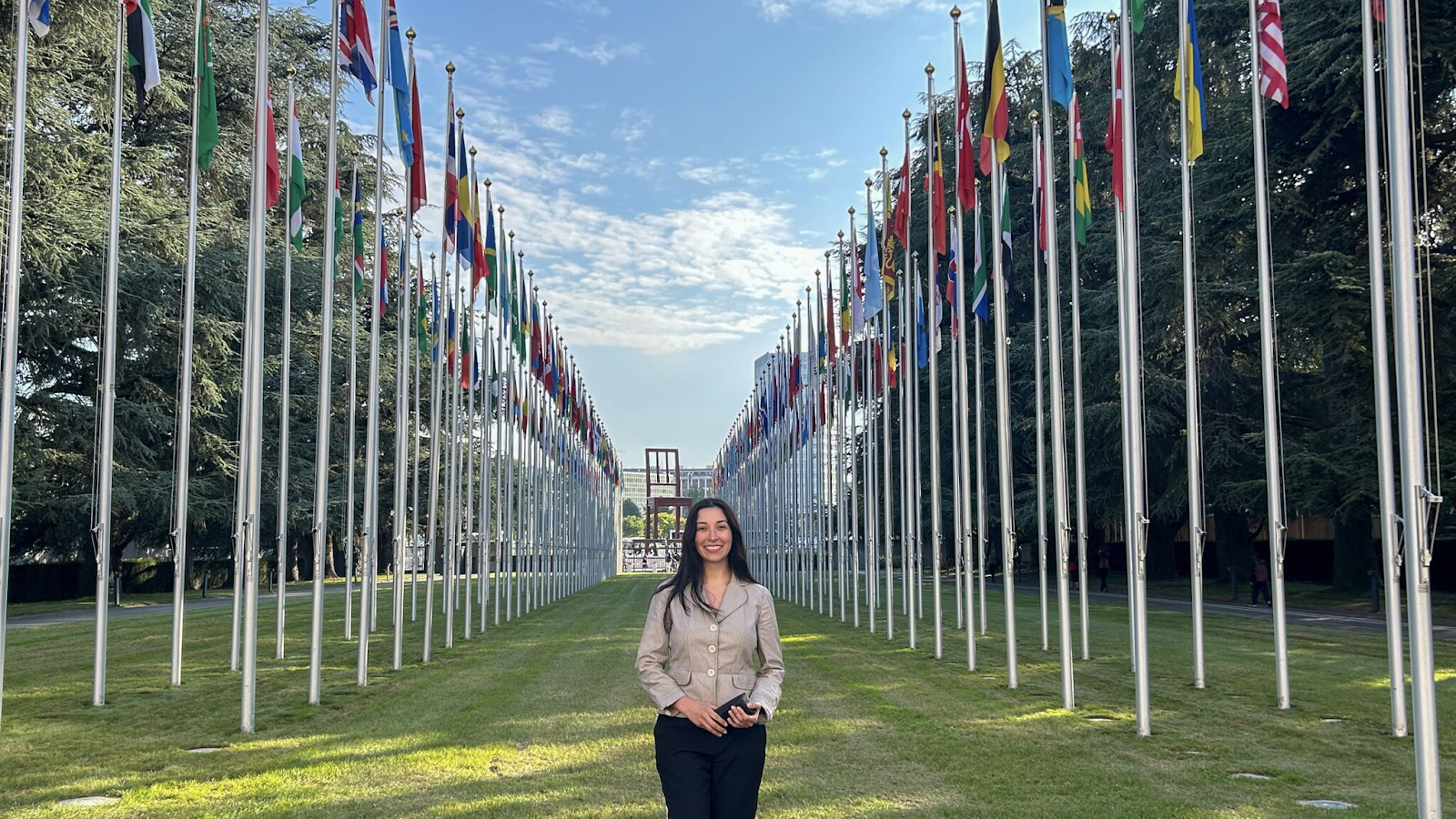
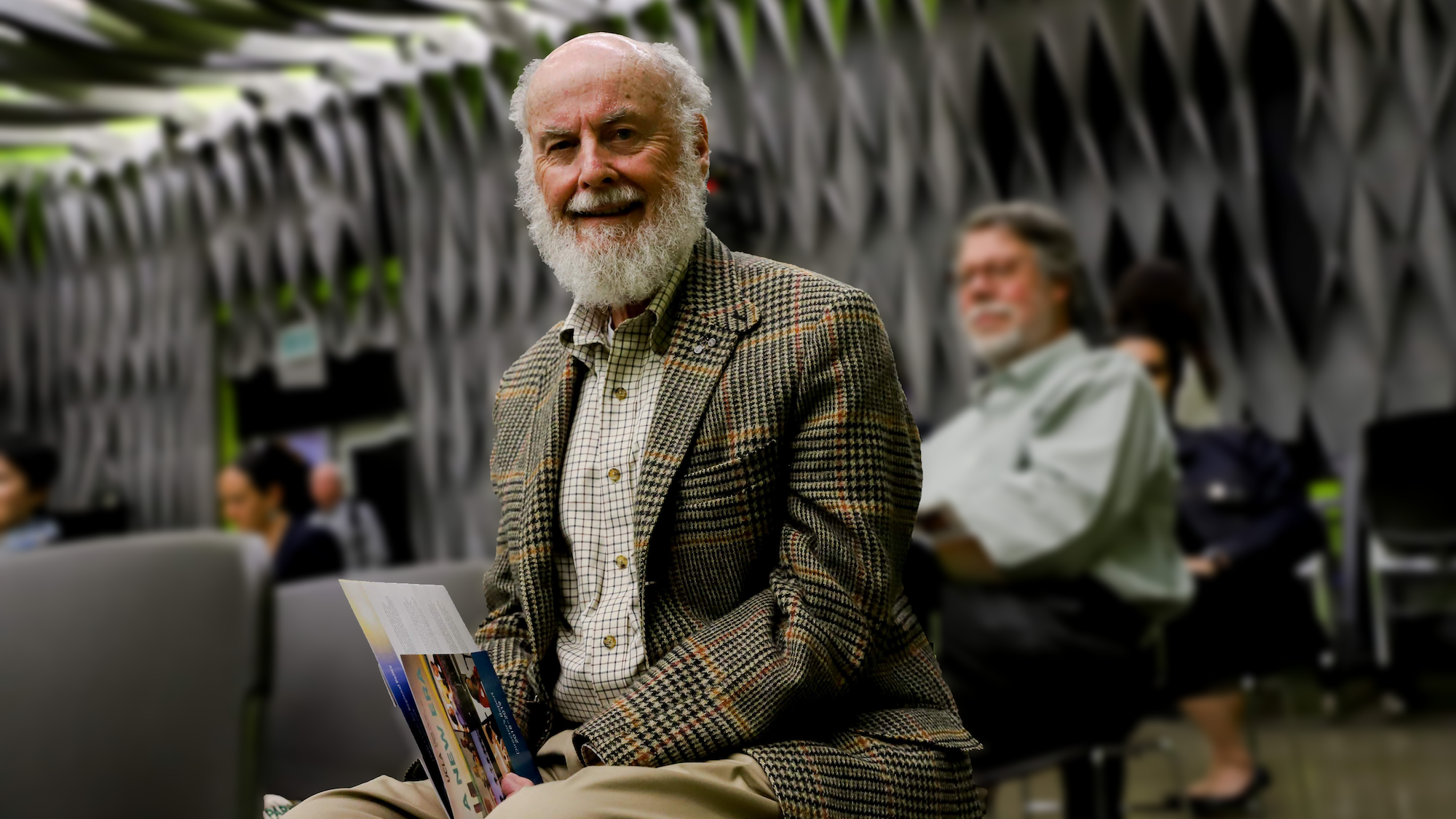



















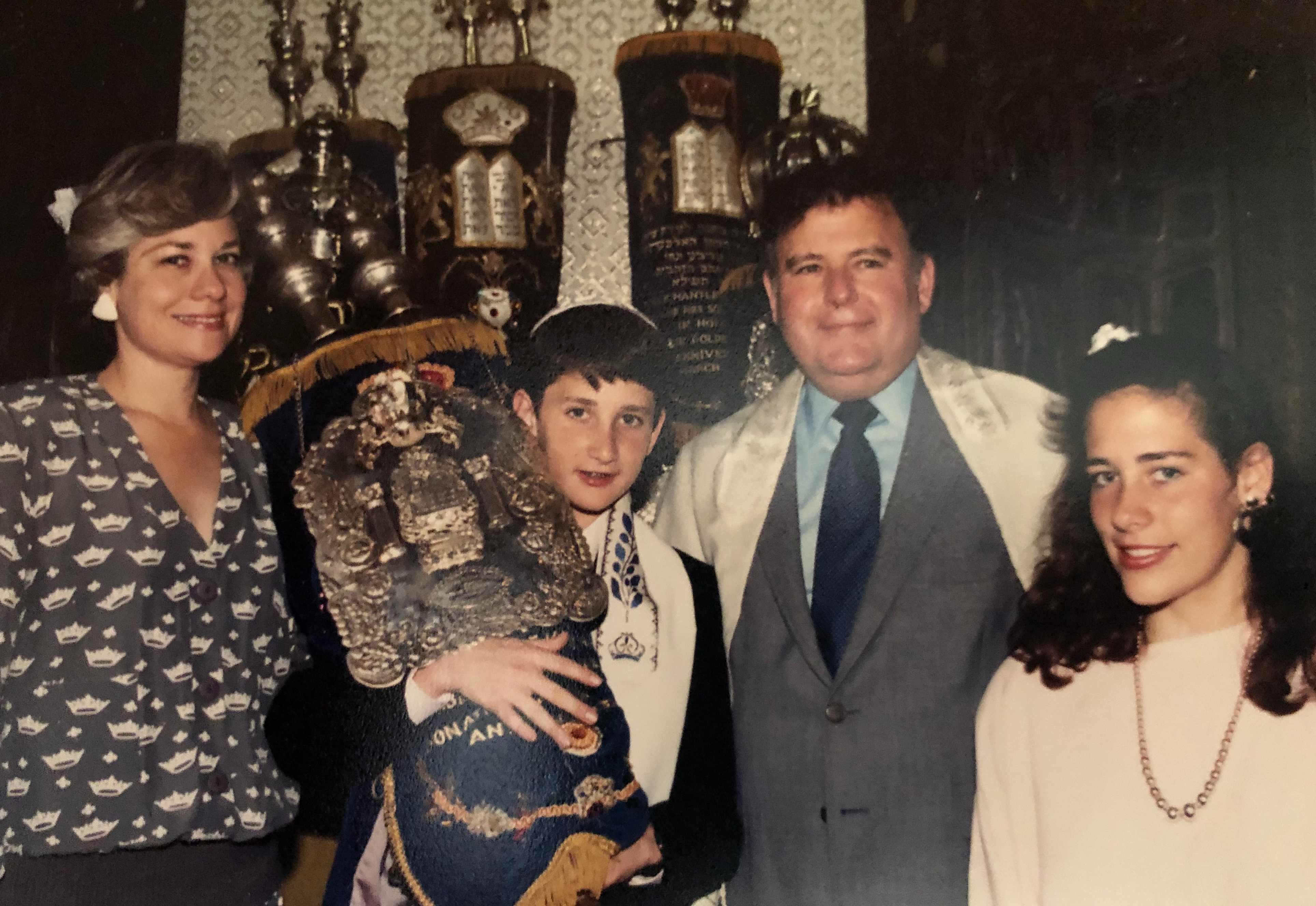





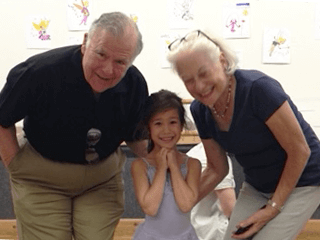
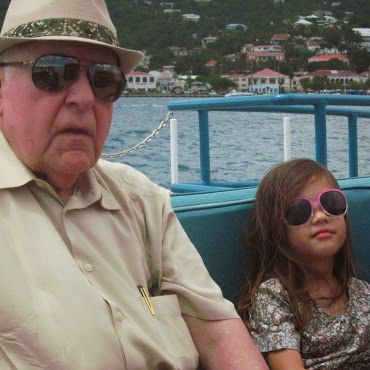
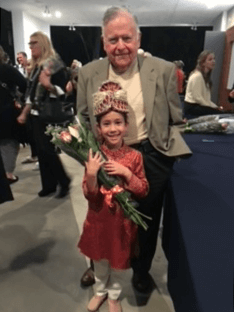
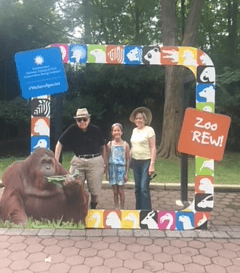

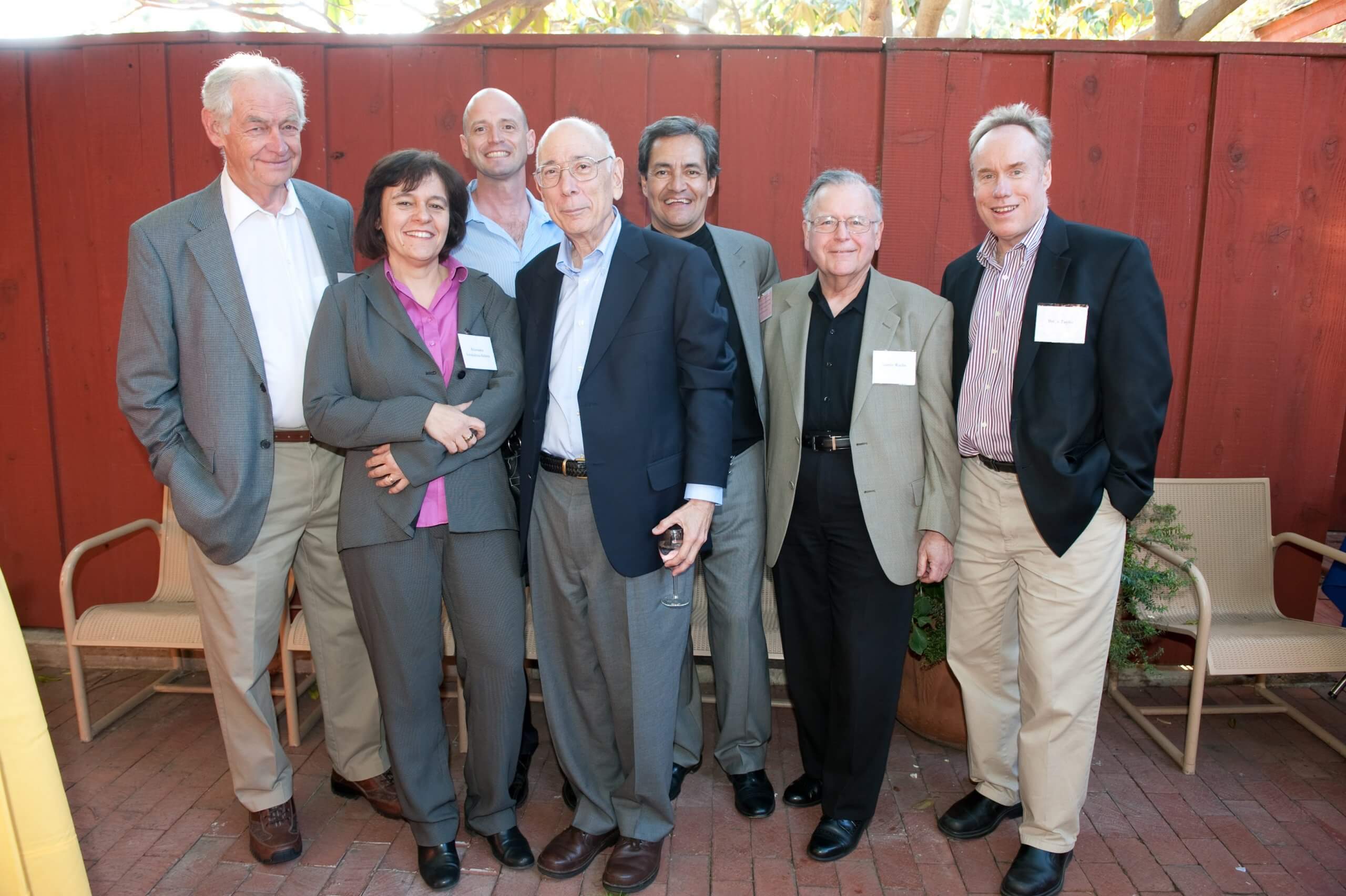
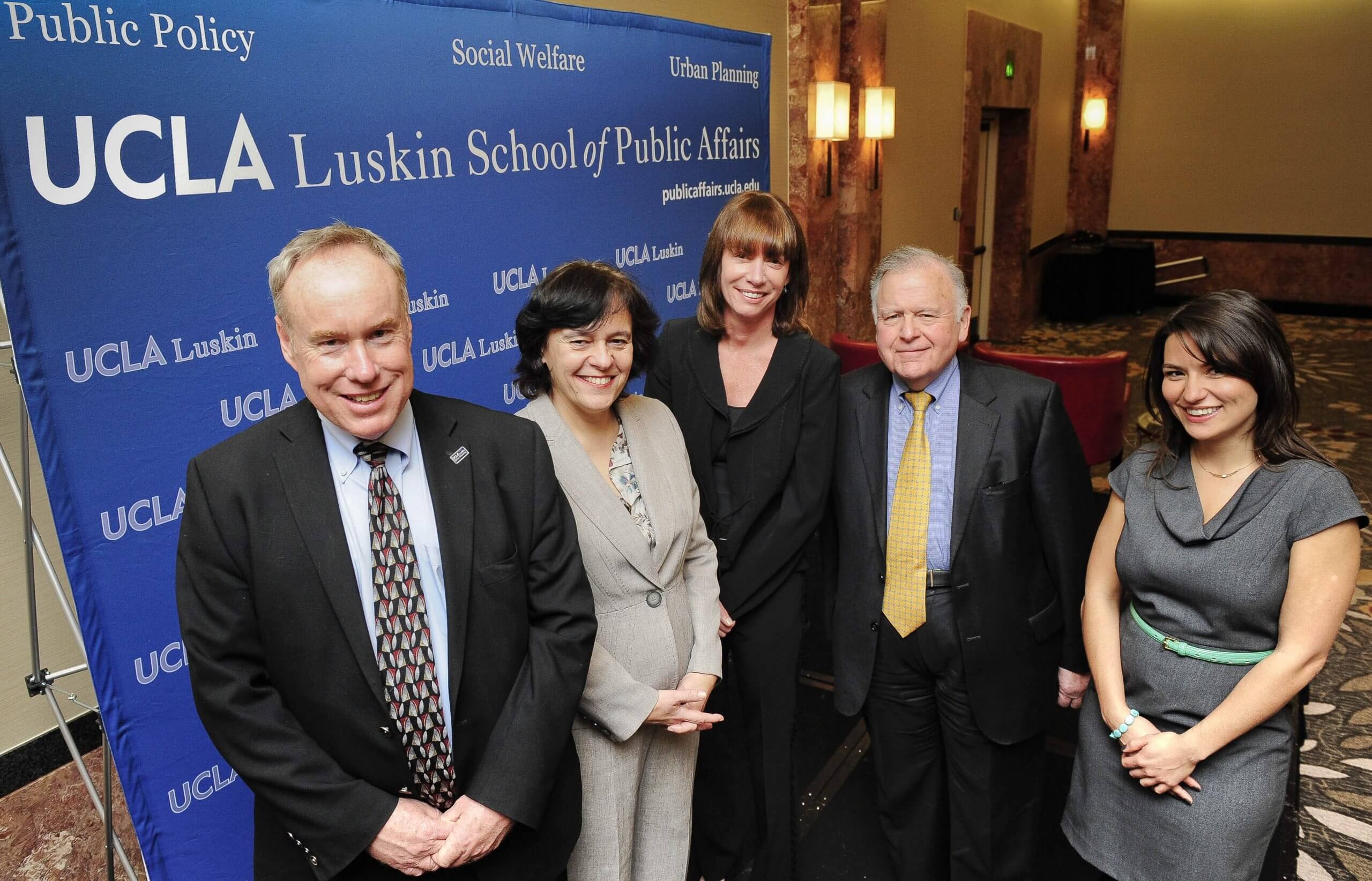

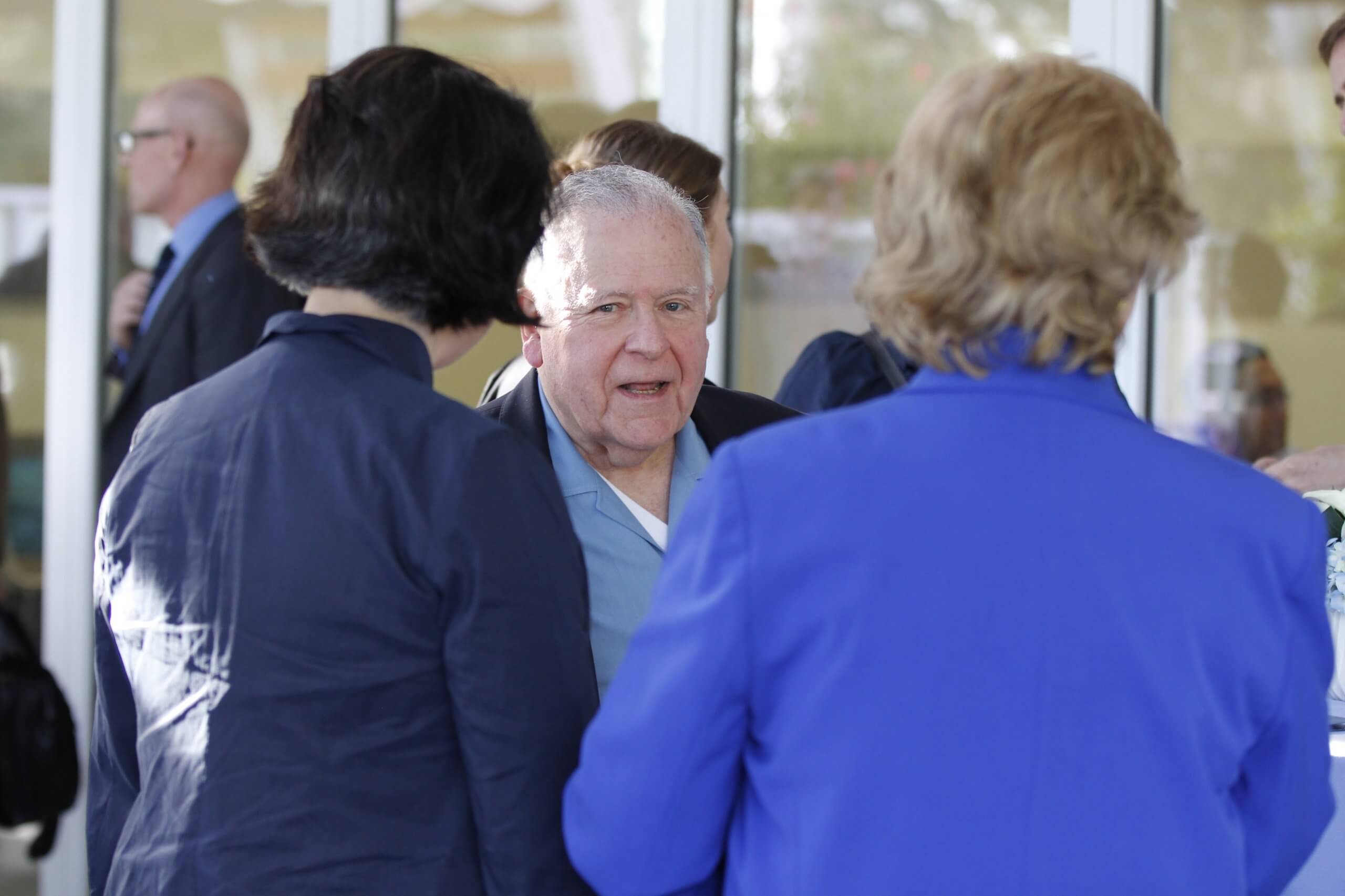
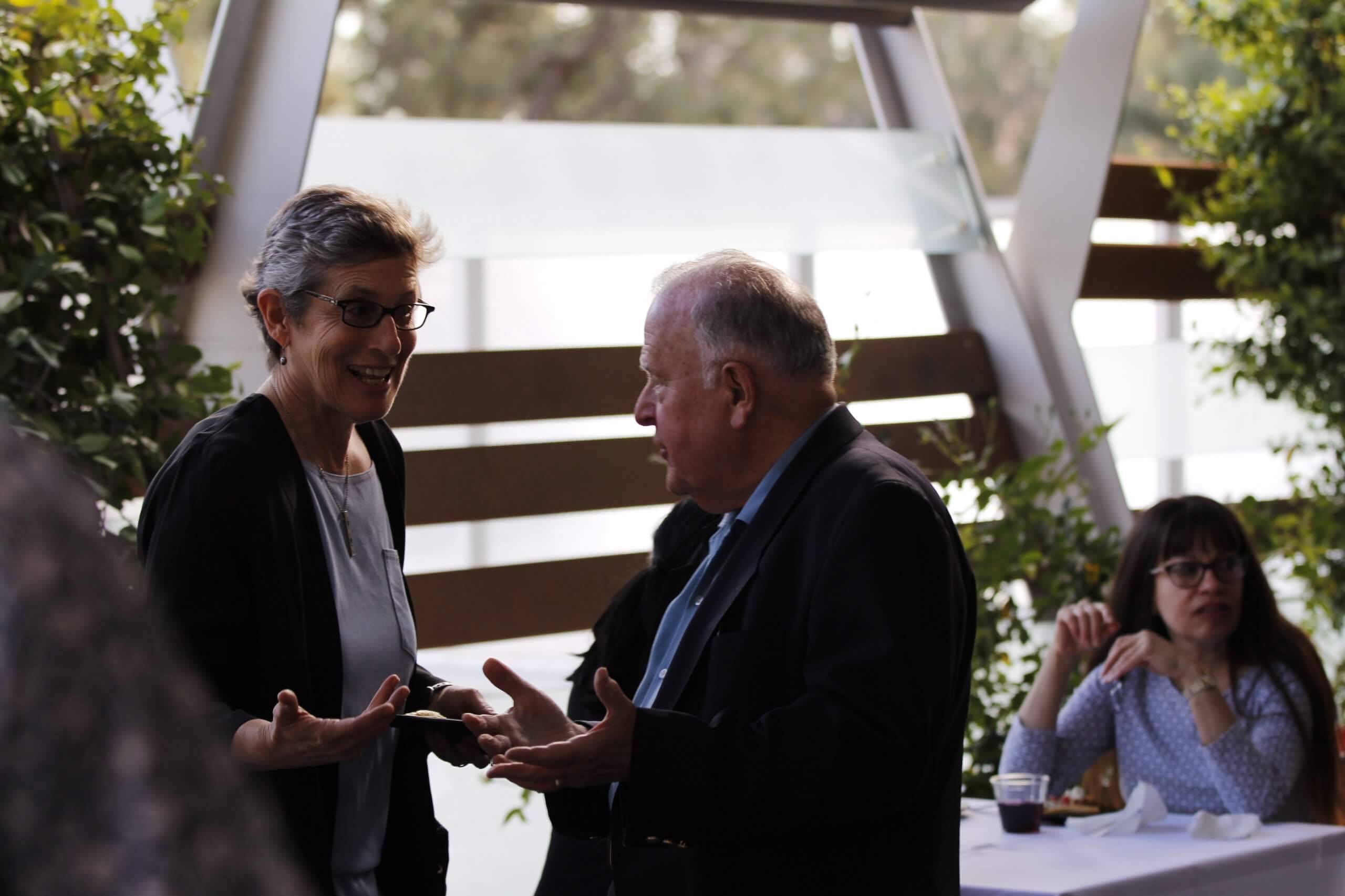
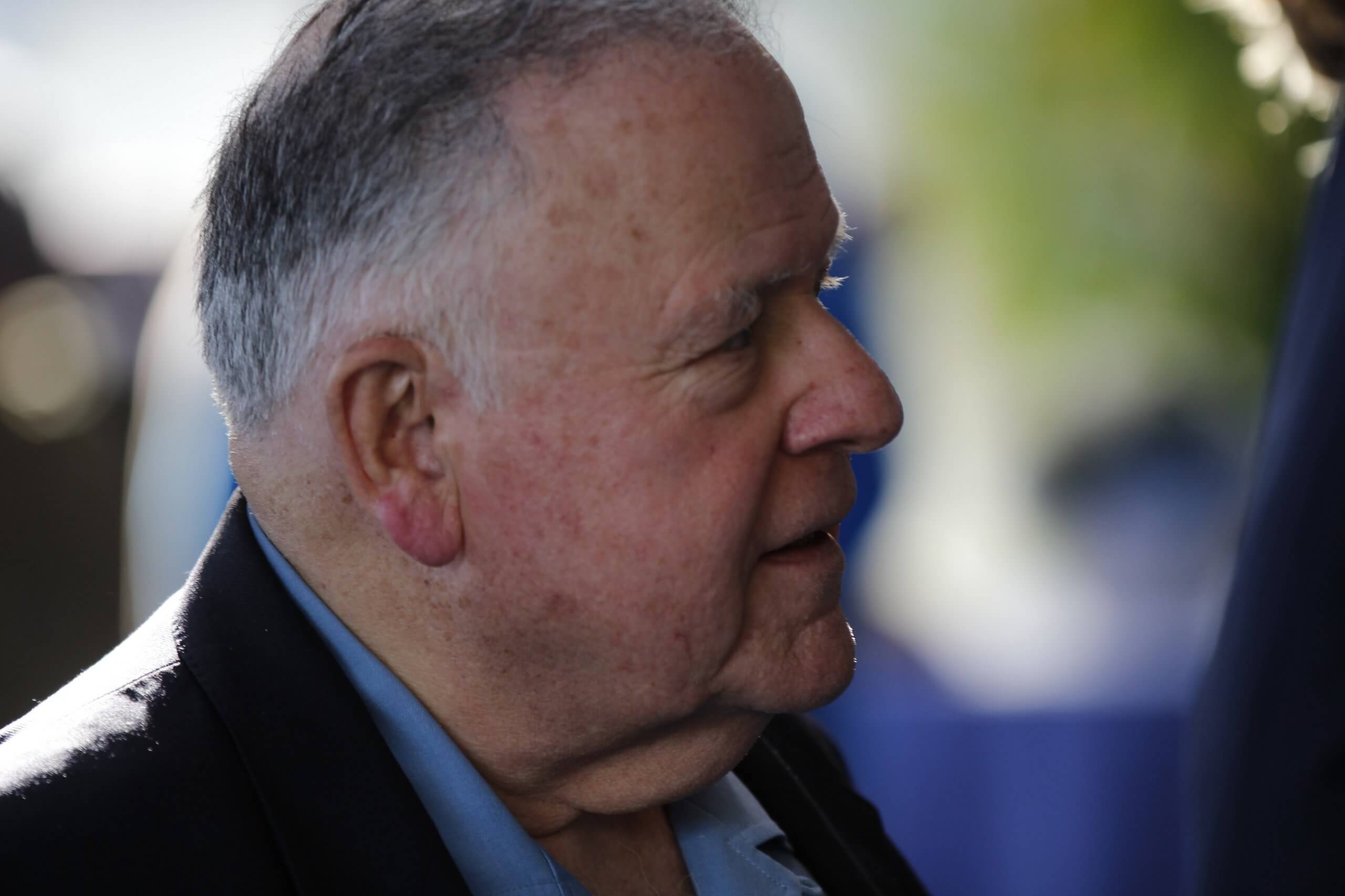
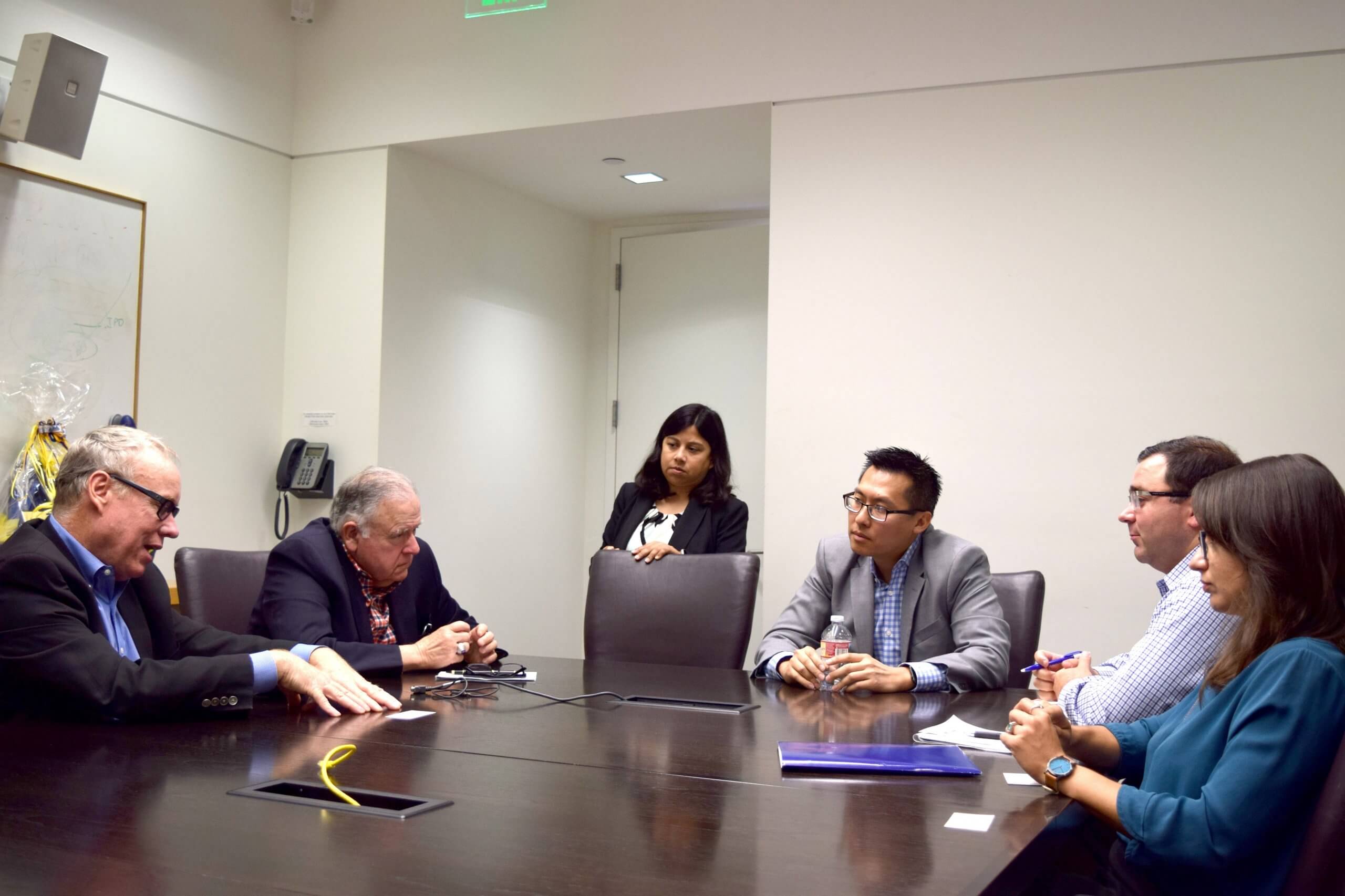
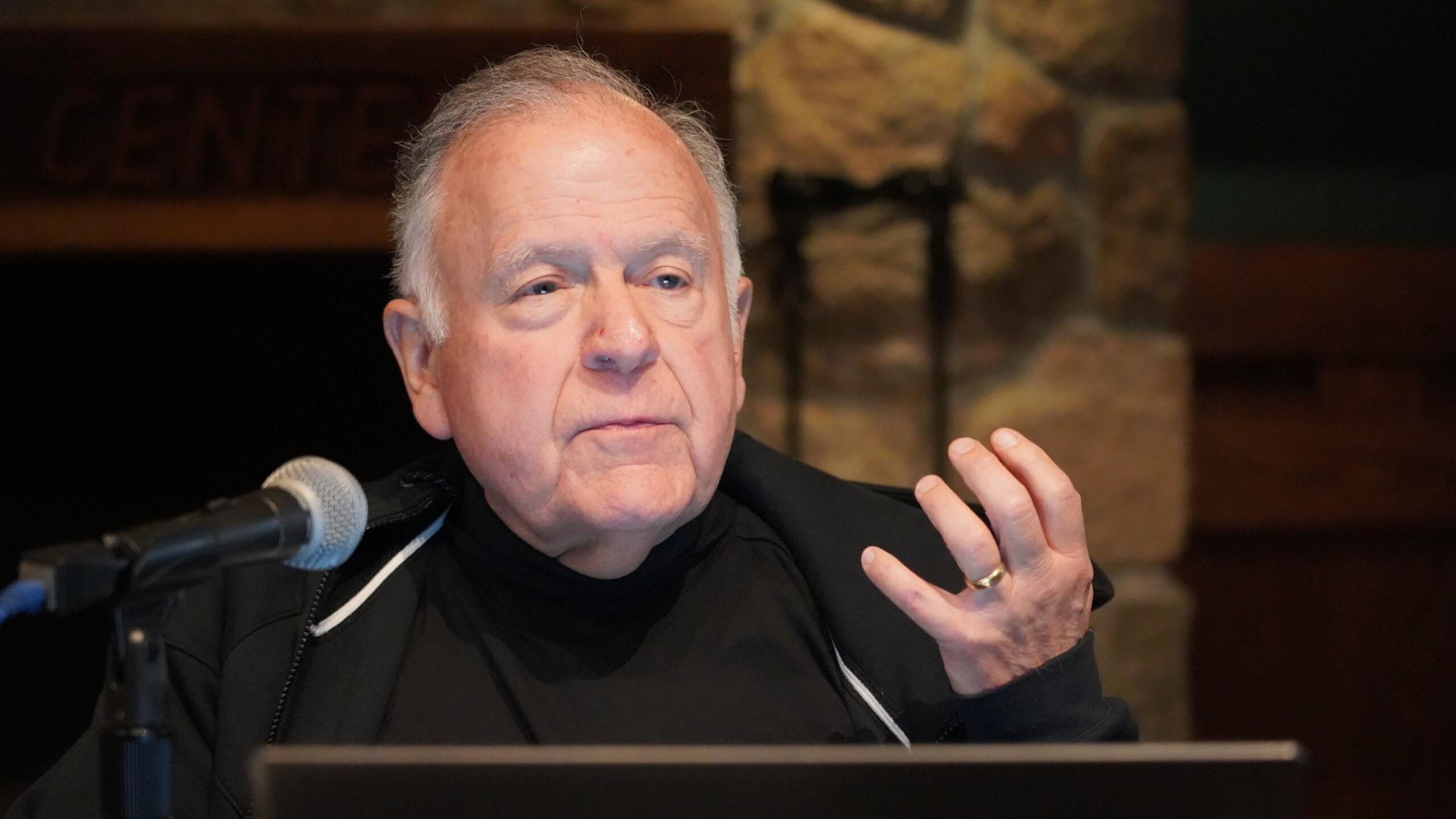
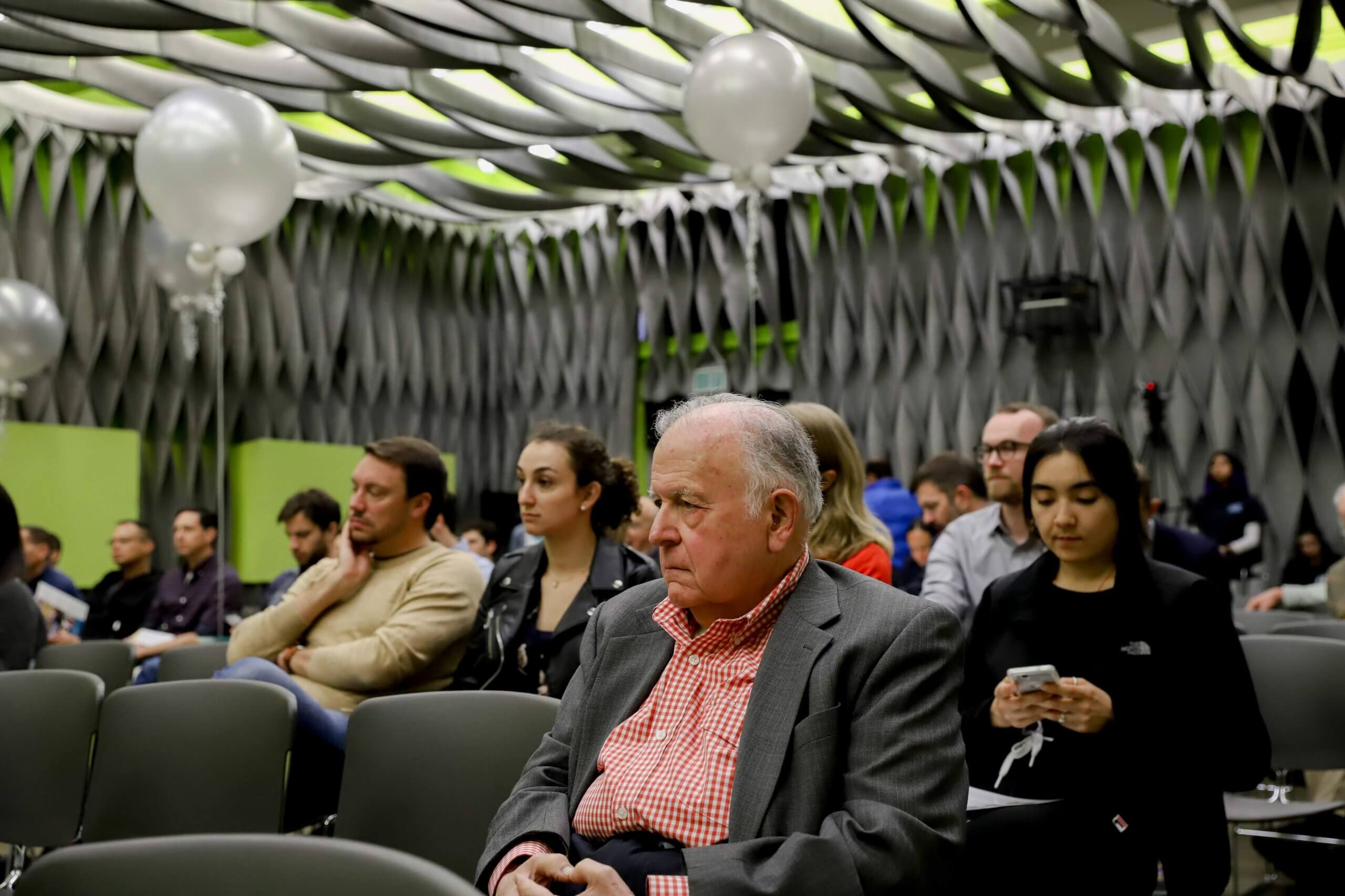
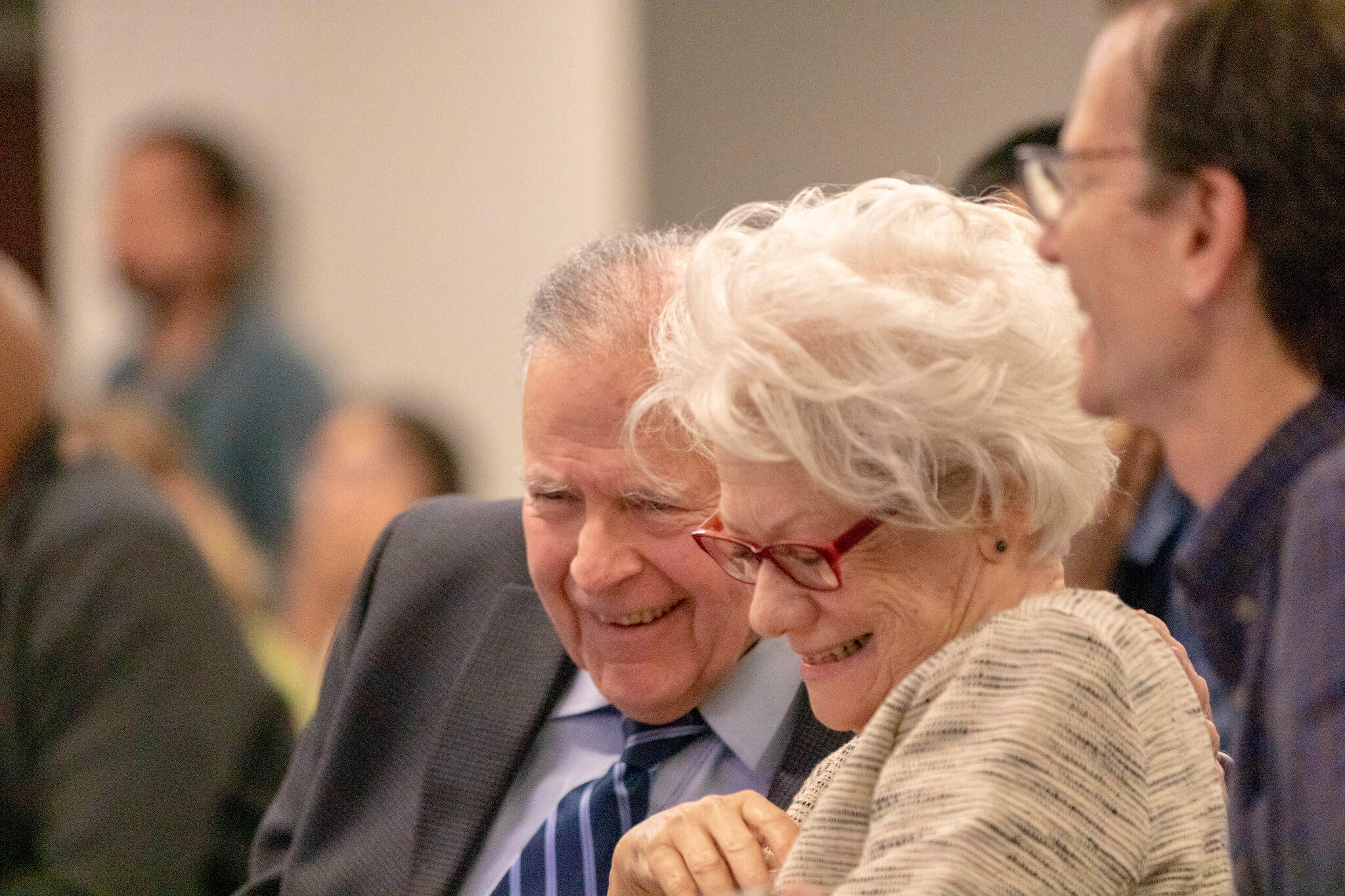
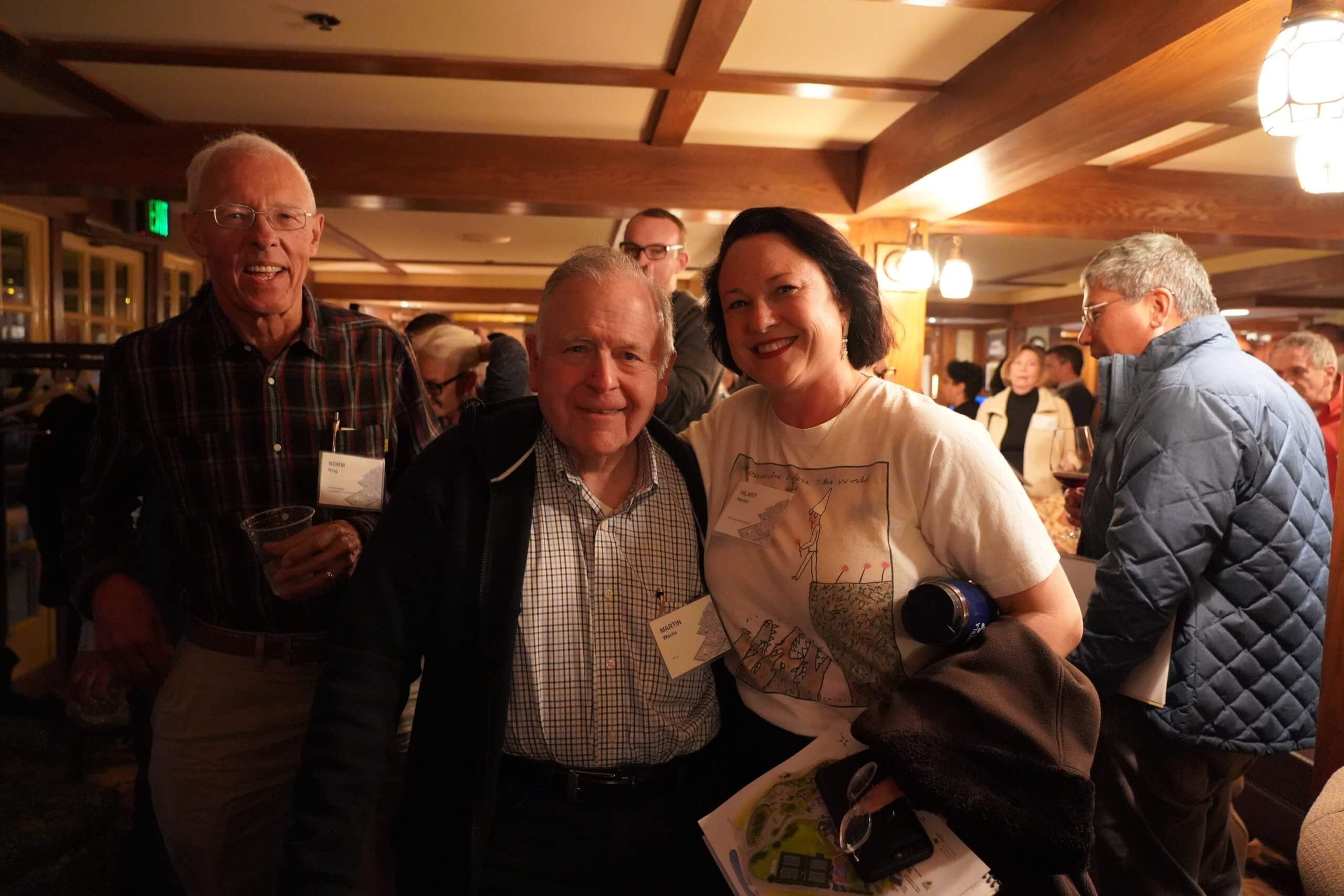
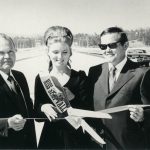

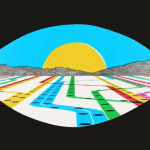
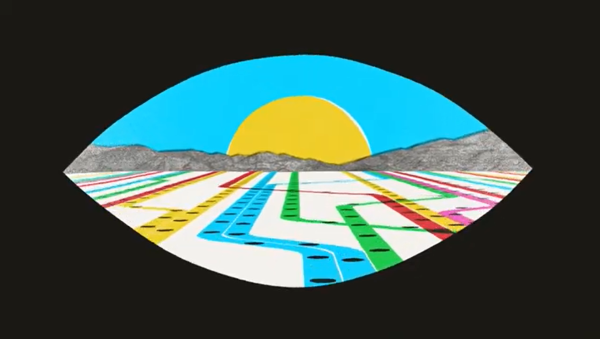
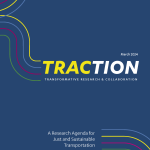
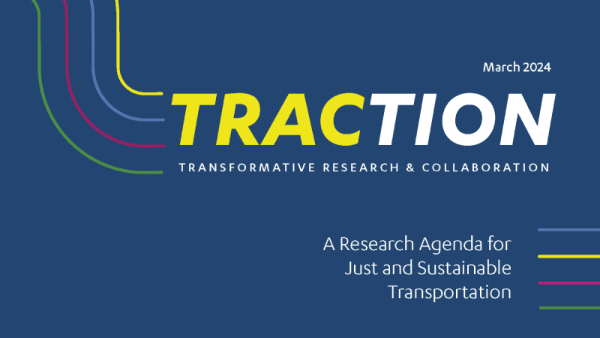
I am one of Marty’s mentees. I would say without his mentorship, the execution of my Ph.D. dissertation would have been in jeopardy. I remember Marty fondly as an approachable professor, an eloquent teacher, and a life-saving mentor. The one enduring lesson I picked up from Marty is that a faculty advisor is there to help students succeed. This lesson became my guiding light in how I relate to my students. And for that, I am forever grateful. May his gentle soul rest in peace.
We shouldn’t forget that Marty also taught Ethics in Planning. I took it as a second year MA student with a part time job at a consulting firm, and Marty was a great help giving me context for the shenanigans of that world. A few months later, I was in the student bookstore’s Planning section when two boys about 11 or 12 years old entered. I thought “Oh, look at the budding planners!” One of them picked up Marty’s book on Ethics, which seemed an odd choice for a kid. The boy proudly held the book out to his friend and said, “My dad!” Many got a good laugh from that story.
I am immensely saddened to hear of Marty’s passing. He has been such a source of inspiration and knowledge to me for the last 25 years and to so many others for many more years. No, I haven’t read all 160 articles but I read many and every time I read one I am again amazed how articulate, creative and honest he was. His death leaves an incredible void in transportation scholarship. If his research led to an unpopular or disturbing conclusion he could articulate, both in writing and verbally, his findings in a most disarming way that made it easier for others to understand and accept. This is a rare talent.
Mostly I will miss his kindness and his words of encouragement when I needed them.
I miss you Marty. Rest in peace.
Norm King
Former Director of the San Bernardino Transportation Commission
I first met Marty in 1978 when he gave a lecture to my Introduction to Architecture and Urban Planning course that Harvey Perloff taught. After class I asked Marty if he would be willing serve as a faculty advisor for an independent study that I wanted to do to finish up my undergraduate career at UCLA. He graciously agreed to do it and advised me through my study. When my papers came back brimming with red ink my first reaction was to be defensive. “My paper couldn’t have been that bad,” I thought. Later I realized that Marty was only taking the time and effort to improve my work, to craft me to do better. He was then becoming a nationally-renowned scholar, yet he took the time to help me as a mere undergraduate who had just discovered a desire to become an urban planner from Harvey’s course. Many years later when I had the privilege of teaching my own course at UCLA I found myself scribbling red ink all over my students’ papers.
While in grad school at UCLA Marty was my advisor, committee chair and most important, my mentor. I learned so much from Marty I can’t put it into words. He taught me the basic principles of transportation. From him I learned how to critically and objectively assess public policy. Above all, I learned that planners have a profound responsibility to be ethical and to just do the right thing. Just be a good person. Marty remained my mentor up till as recent as a month ago when I had some policy questions and he took the time to thoughtfully respond. In my professional life Marty was my North Star.
When I attended a farewell event for Marty as he was about to go work at ITS in Berkeley, I realized that there were a couple hundred other people who were just as close to Marty as I was, and many others who he mentored over the years.
I am deeply saddened at Marty’s passing. Soon it will be time to celebrate his life. The world is a much better place for Marty having lived. While he won’t be here with us physically, he left us many writings, presentations, opinions and advice that will live on. So often I have asked myself “what would Marty say about this?” That will continue. He has passed the torch on to his many students and mentees. It is up to us to learn from Marty’s contributions and make them our own. In this way, his spirit will live on through the thousands that he touched and the work that we all do.
Thanks Marty!
Warmly,
Ryan
Marty was a great man and the closest thing we had to a living legend in the field of transportation policy. He had that unique combination of skills that is difficult to find in academia or really anywhere in that he was humble but confident, kind but firm, careful but opinionated, and above all more caring for others than himself. Also while many great researchers are not necessarily great teachers, Marty was the best at both. I never heard him give a talk that wasn’t meticulously thought out, entertaining, and educational, and I know he cared for students and other mentees far more than the average professor.
Personally I learned so much from Marty during his work on the National Transportation Policy Project, even after I had read and worshipped his work as a graduate student across the country. When I moved to Los Angeles, Marty and Helen embraced me and my family as we adjusted to our new city. He became a go-to person for consultation on big policy decisions for Metro, as he helped anchor the OEI Advisory Board and never said no when asked for help. He even came to a Metro Board meeting and waited for hours just to give a one-minute speech (perfectly thought out of course) supporting congestion pricing. It seemed to me he would do almost anything to help when he thought it mattered.
I don’t know that we make people like Marty Wachs anymore. May his memory be a blessing and a model for us all.
I grew up hearing stories about Marty Wachs. My mom insisted she had spilled coffee on him during her dissertation defense and he had not only played it off but ended up giving her funding so she could finish her PhD. My dad loved to recount how Marty “practically fell out of his chair” on hearing my parents were once married even though he knew them both well and had met me on separate occasions with each of them.
When I got older and gravitated from biology to economics and philosophy, then to public finance, and ultimately to cities, Marty became a mentor and inspiration to me as he was to so many others. His foundational work on local option sales taxes continues to shape my thinking. As recently as two years ago, he helped me see a way to completing a thorny project with multiple competing equities and goals.
Marty radiated joy. I was lucky to overlap with him at Berkeley and see his effect on others. He was a constant reminder that being rigorous didn’t mean being unkind. He and Helen showered me with kindness – and delicious food and wine – in their home. They asked about interests beyond research and shared their own infectious love of family, the outdoors, travel… life.
My heart goes out to you, Helen, and to your beautiful family. My his memory be a blessing.
It was my honor to serve as Marty’s Assistant Director for much of his tenure as Director of ITS Berkeley. His decision to take a chance on the industry guy from NYC literally changed my career, and indeed my life. Immediately upon our arrival, Marty and Helen insisted on taking my wife and I to dinner at one of their favorite restaurants in Berkeley, instantly making us feel at ease. He was that rarest of individuals whose heart was every bit as big as his intellect. Our deepest condolences to Helen and the Wachs family. Marty will be sorely missed.
Marty’s passing was a huge and tragic shock. What a huge loss for so many, being an important person, I’d guess, in hundreds of lives, including mine. His dedication and kindness were unparalleled, as was his generosity with his time and energy. In thinking of Marty, the memory that immediately comes to the forefront took place in Fall of1979, early in my stint at GSAUP as Graduate Counselor. A beginning M.A. student was in a terrible car accident and was severely burned. His return to campus would be postponed for at least a year. His long recovery and lost time were a devastating outcome. Marty, Program Head at the time, immediately suggested that we creatively arrange for the student to do some independent studies so he could make some progress toward his degree. And Marty suggested we present the idea in person. So we drove to the rehab facility which was quite far from Westwood, in Downey, if I remember correctly. I was bowled over by Marty’s thoughtfulness and so was the student. The perfect example of that kindness and dedication. My heartfelt condolences to Helen, Faye and Steven.
It is so sad to hear of Marty’s passing. He was a great mentor at TRB and a great teacher of transportation economics, who always had a joke up his sleeve for us students! He will be missed, and it was a privilege to learn from him. FYI, our UCLA class notes from Prof. Wachs’ classes live on in the MURP Collab. Drive, if you still have your login credentials- sometimes I look through these old notes for inspiration- https://drive.google.com/folderview?id=0ByB517Dp6KCbNjZKX3o3S29mUTg
I am deeply saddened by the loss of Marty Wachs – a legend of transportation planning research and teaching. I got the opportunity to work with Marty on a research project about the mobility needs of low-income older adults a few years ago. Even though he had literally wrote the first book on the subject 30 years prior, he carried himself with the most humility throughout the entire project. He cared deeply about the work and it’s impacts but even more so, he cared about the students involved – dutifully training them to be careful and kind professionals.
In addition to being a top scholar and mentor, Marty was an avid and talented gardener. I remember riding my bike over to his home to drop off some equipment we were testing for the project and being amazed by just the plants he had on his front stairs alone. Later that year, he picked me up to present our work in Pasadena – I don’t own a car and Marty would always offer me a ride. He gave me a couple of plants and of course, those are now some of the healthiest plants in my houseplant collection. I’m so happy to dote on them as a way to remember Marty’s kindness and generosity.
May his memory be a blessing to us all.